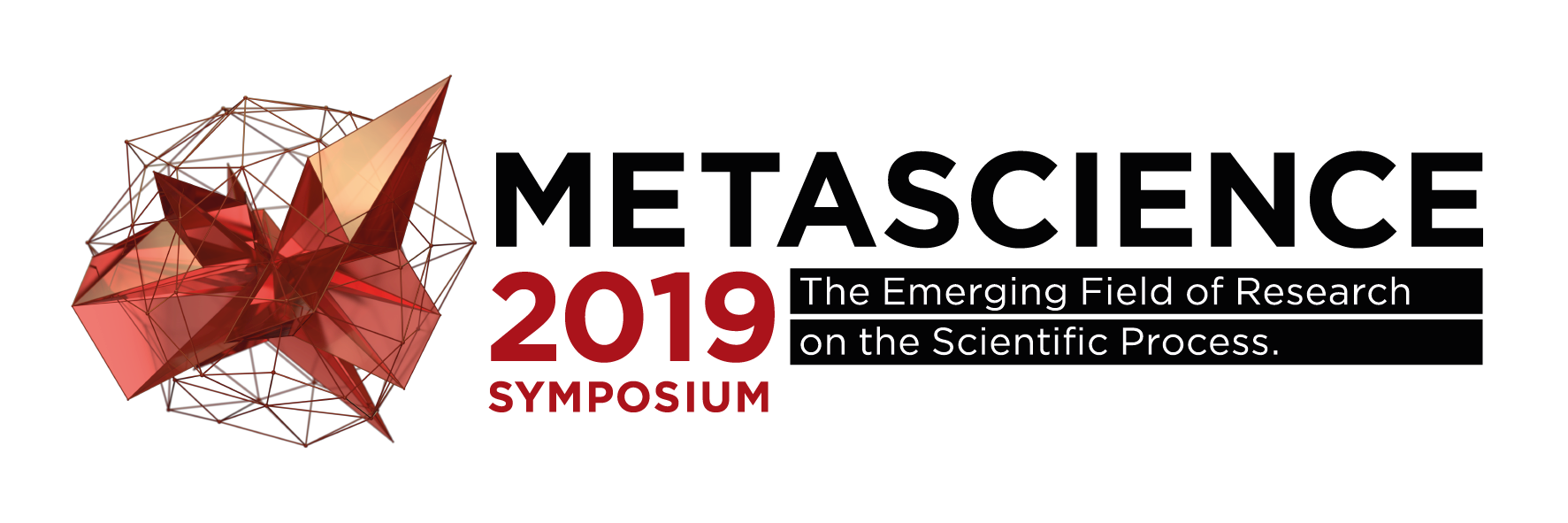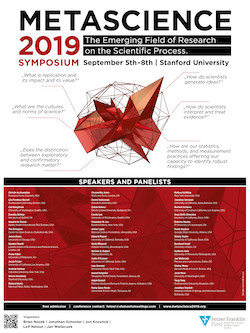Alysha Kassam
University of California Irvine
What role do non-epistemic values play in mathematical models in the social sciences?
Grappling with the notion that non-epistemic values play an important role in scientific reasoning, philosophers have asked themselves: when and how do non-epistemic values serve a permissible role? Through considerations surrounding inductive risk, Heather Douglas (2009) has argued that non-epistemic values play an indispensable role at the core of scientific reasoning. Very roughly, inductive risk is the chance that one will be wrong when accepting or rejecting a scientific hypothesis. If Douglas is correct that scientists should consider the bad consequence associated with making erroneous claims, such that it requires scientists to raise their evidential standards in order to avoid causing negligent harm, then does it follow that scientists should likewise consider the potential benefits of accepting or rejecting a hypothesis? This paper attempts to answer these questions in relation to the construction and application of mathematical models.




